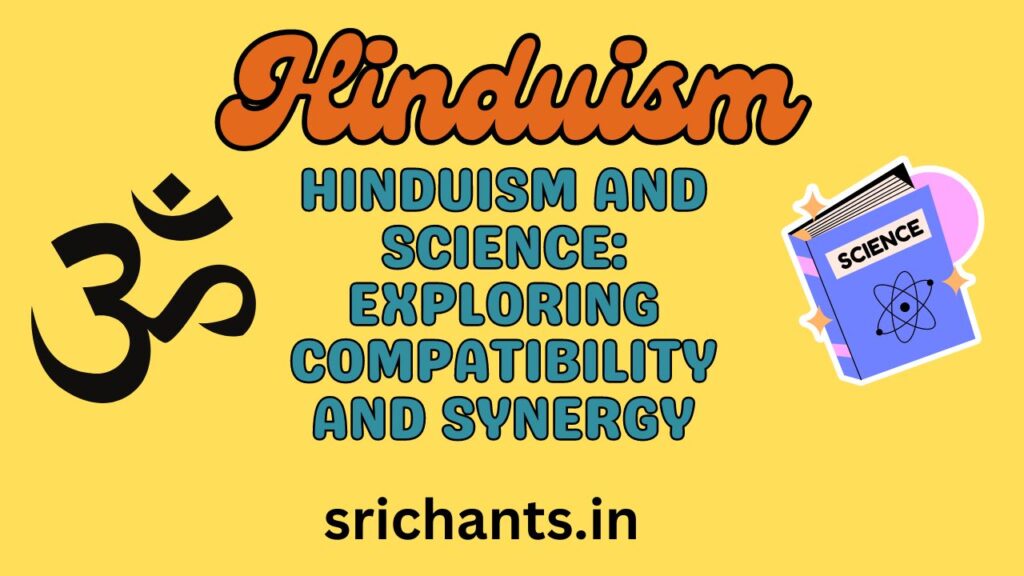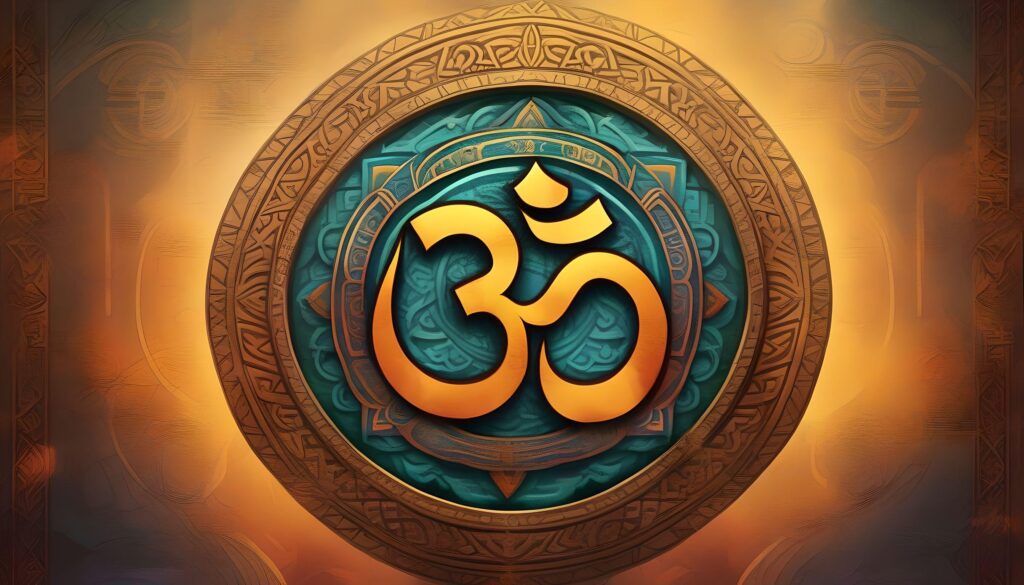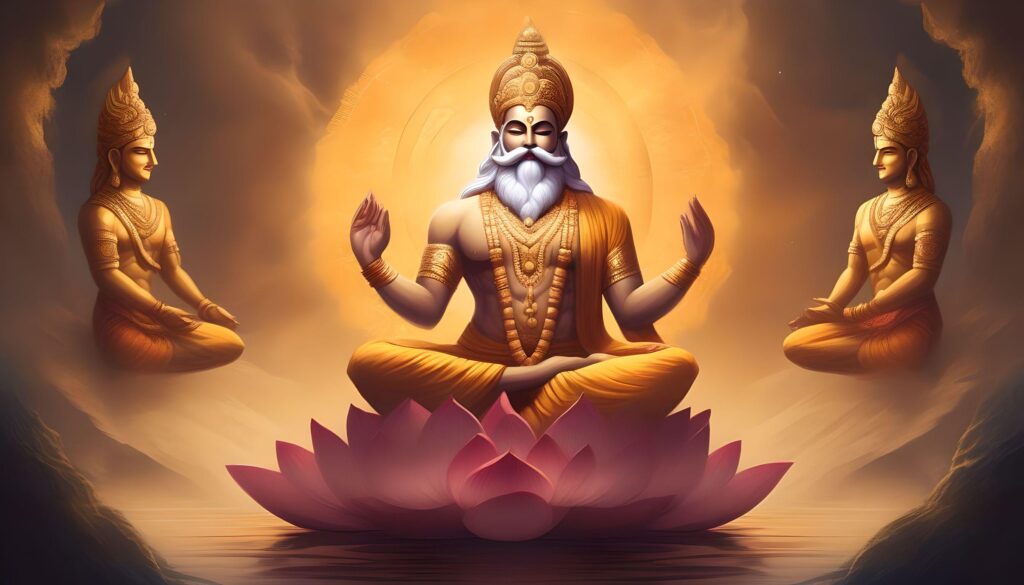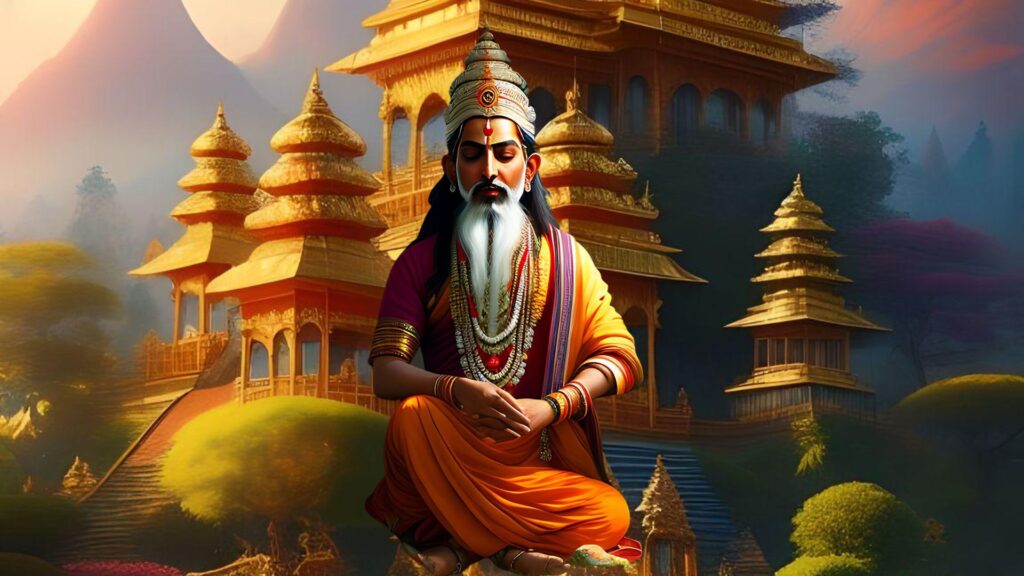Hinduism and Science: Exploring Compatibility and Synergy
Introduction
Hinduism, one of the oldest religions in the world, possesses a profound and enduring philosophical and spiritual heritage. There has been an increasing inclination in recent times to investigate the potential alliances and synergies that can exist between modern science and Hinduism. In contrast to Hinduism, which is grounded in spiritual teachings and ancient wisdom, modern science is propelled by empirical investigation and logical thinking. Notwithstanding their apparent dissimilarities, there exist thought-provoking parallels and intersections that merit additional investigation. This article explores the intriguing correlation between modern science and Hinduism, emphasizing their common principles and the possibility of reciprocal improvement.
Hinduism: A Source of Ancient Wisdom
The Vedic Knowledge
Hinduism is profoundly influenced by the Vedas, anthology of antiquity containing an extensive reservoir of wisdom and knowledge. Comprised by ancient Indian sages and seers, these texts encompass a vast array of topics, such as cosmology, philosophy, spirituality, ethics, and the natural sciences. The Vedas, which offer insights into the interconnectedness of all beings, the nature of reality, and the purpose of existence, are regarded as the oldest scriptures in the world.
Scientific Reasoning in Hinduism
Hinduism, in contrast to the assumption that it is founded exclusively on mysticism and faith, has a lengthy tradition of employing empirical reasoning. The ancient sages of Hinduism exhibited an inquisitive disposition towards the world and endeavored to comprehend the fundamental principles that regulate it. Through experimentation and observation of the natural world, they devised and implemented complex theories and concepts.
Intersections Between Hinduism and Modern Science
Quantum Physics and Indian Philosophy
A particularly captivating convergence of Hinduism and contemporary science is observed within the domain of quantum physics. Prominent German physicist Werner Heisenberg observed a parallel between specific concepts in Indian philosophy and the fundamental tenets of quantum physics. He recognized that principles such as the interdependence of all entities and the influence of consciousness on the formation of reality are consistent with the understandings of quantum mechanics.
Astronomy and Metaphysics
The Rig Veda, an ancient Hindu scripture, is renowned for its profound teachings on metaphysics and astronomy. The movements and significance of celestial bodies within the cosmic order are delineated in the Rig Veda. Furthermore, metaphysical inquiries pertaining to the essence of being and the supreme actuality are also examined. The correspondence observed between Hindu scriptures and scientific breakthroughs in astronomy suggests a mutual pursuit of knowledge regarding the universe.
Ancient Indian Technology
Ancient Indian technological advancements are frequently neglected despite the fact that they merit recognition. Harappan cities, for instance, were meticulously designed and featured sophisticated systems for water provision and refuse disposal. The corrosion-resistant iron pillars in Delhi are evidence of the sophisticated metallurgical expertise that ancient Indian engineers possessed. These instances underscore the advanced nature of indigenous technology and its possible applicability in contemporary society.
The Scientific Mindset in Hinduism
Inquiry and Observation
A scientific mindset characterized by inquiry and observation is encouraged in Hinduism. It was the conviction of the ancient sages that knowledge ought to be obtained via personal investigation and firsthand experience. The significance of inquiry, critical thinking, and the pursuit of evidence to substantiate assertions was underscored. The scientific method of acquiring knowledge is also evident in the framework of Hindu rituals, which involve the execution of particular actions with the intention of eliciting specific results.
Understanding the Laws of Nature
Hinduism acknowledges the existence of universe-governing natural principles. These laws are regarded as tangible expressions of divine organization and are assumed to be universal and immutable. The sages of Hinduism endeavored to comprehend these laws and reveal the fundamental principles that dictate the mechanisms of the universe. This endeavor is consistent with the scientific pursuit of elucidating the laws of nature and discovering the secrets of the cosmos.
Parallel Concepts in Hinduism and Modern Science
The Concept of Energy
Modern science and Hinduism concur that energy plays a fundamental role in shaping the world. The term “Prana” denotes the vital energy that is intrinsic to all living things, as defined in Hindu philosophy. This vital energy is comparable to the definition of energy as the ability to perform labor, as accepted by science. The interaction between the material and spiritual domains is underscored by the parallel ideas.
Consciousness and Reality
The relationship between the constitution of consciousness and reality is highly valued in Hinduism. The term “Brahman” symbolizes the supreme reality, which is hypothesized to be the foundation of all being. The concept of a universal consciousness is consistent with the developing scientific knowledge that regards consciousness as an intrinsic component of the world. The investigation of consciousness within the frameworks of modern science and Hinduism presents novel opportunities for comprehending the essence of subjective experience.
Interconnectedness and Interdependence
An additional concept that shares similarities with modern science and Hinduism is the acknowledgment of interdependence and interconnectedness. The Hindu belief system places significant emphasis on the interdependence of all living things and the concept of “Vasudhaiva Kutumbakam,” which literally translates to “the world is one family.” Contemporary scientific disciplines, specifically ecology and systems thinking, illuminate the complex network of interdependencies and associations that uphold life on our planet. A consciousness of our interdependence cultivates a sense of accountability and guardianship towards the Earth.
The Potential for Mutual Enrichment
Spiritual Insights and Scientific Inquiry
Spiritual wisdom and insights provided by Hinduism can supplement and enrich scientific inquiry. By placing importance on interior transformation, self-realization, and the pursuit of meaning, scientific pursuits can be structured in a comprehensive manner. By incorporating spiritual perspectives into scientific investigations, a more profound comprehension of the human condition can be cultivated, and existential inquiries that science may not comprehensively encompass can be addressed.
Scientific Discoveries and Hindu Philosophy
Conversely, empirical evidence supporting particular concepts and principles can be found in scientific discoveries that cast new light on ancient Hindu philosophy. For instance, the investigation of consciousness can be enhanced through the application of contemporary neuroscience and psychology’s methodologies and instruments. Hinduism has the capacity to evolve and adjust to modern circumstances through the integration of philosophical insights and scientific discoveries.
Conclusion
An examination of the correlation between modern science and Hinduism unveils thought-provoking parallels and common principles. From its spiritual teachings and ancient wisdom, Hinduism provides a distinctive vantage point regarding the essence of reality, consciousness, and the interdependence of all living things. Contemporary scientific knowledge, propelled by empirical data and logical investigation, furnishes a structure for comprehending the corporeal realm and deciphering its enigmas. Through acknowledging the possibility of harmony and collaboration, we can cultivate a discourse between these two spheres and utilize their combined knowledge for the advancement of both the human race and the environment. The ongoing investigation of the boundaries of knowledge can foster a reciprocal enhancement between modern science and Hinduism, resulting in novel perspectives and a more profound comprehension of our position within the cosmos.








